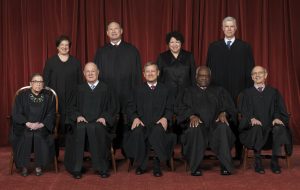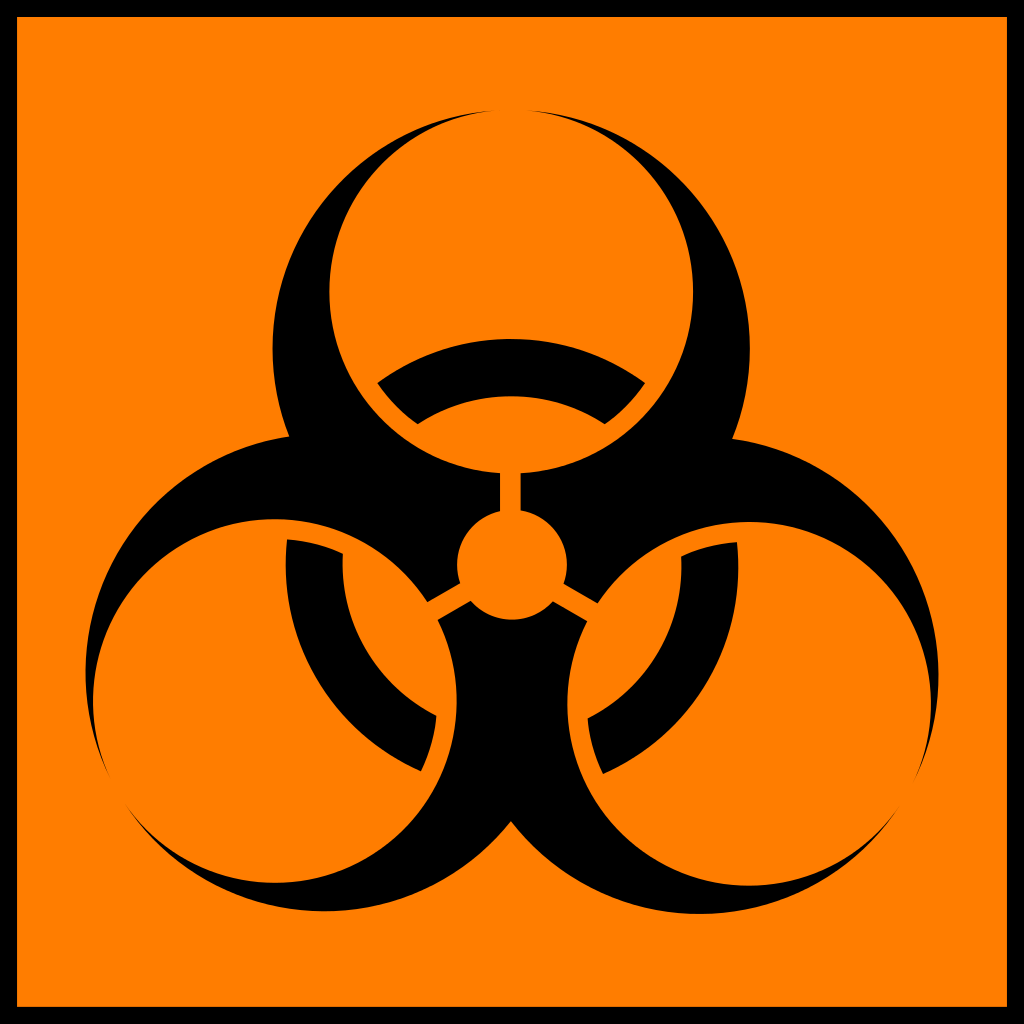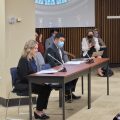 Last Thursday attorneys for Planned Parenthood filed an appeal with the U.S. Supreme Court saying their clinics will have to stop doing chemical abortions if a pro-life law from 2015 is upheld.
Last Thursday attorneys for Planned Parenthood filed an appeal with the U.S. Supreme Court saying their clinics will have to stop doing chemical abortions if a pro-life law from 2015 is upheld.
In 2015 the Arkansas Legislature passed a law requiring abortion clinics performing chemical abortions to contract with a physician who has admitting privileges at a hospital to handle complications from the abortion.
In 2016, U.S. District Judge Kristine Baker blocked that law from being enforced. However, last July, a three-judge panel at the Eighth Circuit Court of Appeals overturned Judge Baker’s decision. Now Planned Parenthood is appealing to the U.S. Supreme Court to strike the law down.
Last week Planned Parenthood wrote that if the law is enforced, it will have to stop doing chemical abortions in Arkansas, because Planned Parenthood has been unable to find a doctor with hospital admitting privileges with whom to contract.
When the Abortion-Inducing Drugs Safety Act was filed in 2015, a lot of people said it wouldn’t do anything. Before it’s over, this simple law may have a larger impact on abortion and pro-life laws in America than any other bill we have worked on in recent history. Here’s how:
- Hospital Admitting Privileges. Last year the U.S. Supreme Court struck a Texas law requiring abortion doctors to have admitting privileges at a local hospital. Many took that to mean admitting privileges requirements were unconstitutional. The Abortion-Inducing Drugs Safety Act requires abortion clinics to contract with a physician who has hospital admitting privileges. However, the Eighth Circuit implied Arkansas’ law is different from Texas’ and might be constitutional.
- The “Large Fraction” Test. The Eighth Circuit panel essentially said judges can’t just strike down any law that makes it harder to get an abortion. The law must affect a large percentage of women seeking an abortion. That applies to every state in the Eighth Circuit. This could make it easier for pro-life laws in Arkansas, Missouri, Nebraska, Iowa, Minnesota, North Dakota, and South Dakota to withstand future legal challenges.
- Future Pro-Life Laws. The Eighth Circuit’s ruling revealed other pro-life laws we might pursue. For example, the judges suggested a state could require abortion clinics to maintain a twenty-four hour emergency telephone line. This will help guide our pro-life legislation in the future.




